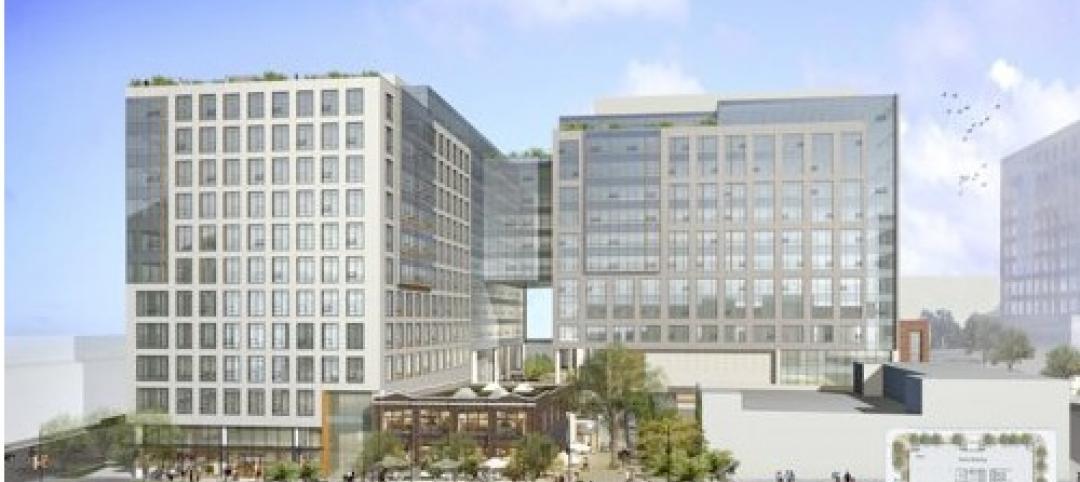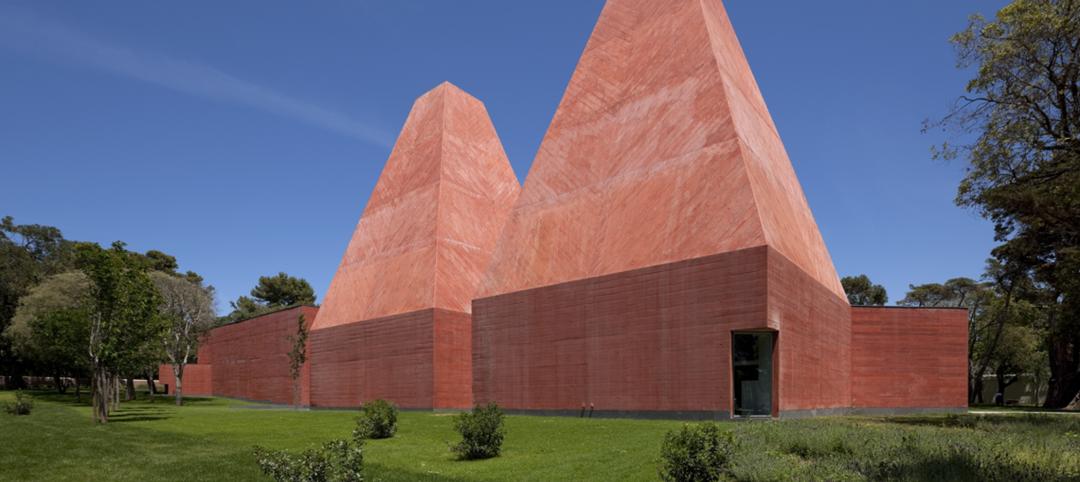Analysis of Stimulus Data Shows Program Delivering More Construction Jobs than Initially Estimated, Helping Boost Transportation Spending, Contractors Group Notes
Stimulus funded infrastructure projects are saving and creating more direct construction jobs than initially estimated, according to a new analysis of federal data released today by the Associated General Contractors of America. The analysis also found that more contractors are likely to perform stimulus funded work this year as work starts on many of the non-transportation projects funded in the initial package.
"The stimulus is one of the very few bright spots the construction industry experienced last year and is one of the few hopes keeping it going in 2010," said Ken Simonson, the association's chief economist. "The stimulus is saving construction jobs, driving demand for new equipment and delivering better and more efficient infrastructure for our economy."
Simonson noted that new federal reports show the $20.6 billion dollars worth of stimulus highway projects initiated over the past twelve months have saved or created nearly 280,000 direct construction jobs. That amounts to 15,000 jobs per billion dollars invested, well above pre-stimulus estimates that every billion invested in infrastructure projects would create 9,700 direct construction jobs.
The economist added that heavy and civil engineering construction employment was stable last month even as total construction employment declined by 75,000. Meanwhile, highway and road construction was one of the only areas to see an increase in spending last year even as total construction spending fell by $100 billion. The two figures are a clear sign the stimulus is having a significant, and stabilizing, impact on the industry, Simonson noted.
Simonson cited examples like Pittsburgh's Golden Triangle Construction Co as an indication of the benefits of investing in infrastructure. The company is hiring two new engineers and over 100 employees this spring just to perform $24 million worth of stimulus-funded projects this year.
It also is ordering new construction equipment to perform the work from Ripon, California-based Guntert and Zimmerman. As a result, the equipment maker saved 40 jobs on its assembly line. And thanks to its stimulus work, Golden Triangle decided to complete construction of its delayed headquarters, providing even more local construction jobs.
Simonson cautioned however that overall declines in construction activity have, and likely will continue to overshadow the benefits of the stimulus. "The stimulus will keep a bad situation from deteriorating further," Simonson said. "That may not make for great headlines, but it is welcome news for construction workers anxious to continue receiving paychecks."
Related Stories
| Apr 5, 2011
Top 10 Buildings: Women in Architecture
Making selections of top buildings this week led to a surprising discovery about the representation of women in architecture, writes Tom Mallory, COO and co-founder, OpenBuildings.com. He discovered that finding female-created architecture, when excluding husband/wife teams, is extremely difficult and often the only work he came across was akin to interior design.
| Apr 5, 2011
What do Chengdu, Lagos, and Chicago have in common?
They’re all “world middleweight cities” that are likely to become regional megacities (10 million people) by 2025—along with Dongguan, Guangzhou, Hangzhou, Shenzhen, Tianjin, and Wuhan (China); Kinshasa (Democratic Republic of the Congo); Jakarta (Indonesia); Lahore (Pakistan); and Chennai (India), according to a new report from McKinsey Global Institute: “Urban World: Mapping the economic power of cities”.
| Mar 30, 2011
China's low-carbon future city
In 2005, the Chinese government announced its target to reduce energy consumption per GDP unit by 20% by the year 2010. After a multi-billion investment, that target has been reached. The Chinese Climate Protection Program’s goal to increase energy efficiency, develop renewable energies, and promote energy savings while reducing pollutant emissions and strengthening environmental protection is reflected in the “Future City” by SBA Design.
| Mar 30, 2011
Is the AEC industry at risk of losing its next generation leaders without better mentoring?
After two or three horrifying years for the AEC industry, we are finally seeing the makings of a turnaround. However, data developed by Kermit Baker as part of the AIA Work-on-the-Boards survey program indicates that between 17% and 22% of design firms are eliminating positions for interns and staff with less than six years of experience. This data suggests the industry is at risk of losing a large segment of its next generation of leaders if something isn't done to improve mentoring across the profession.
| Mar 29, 2011
City's design, transit system can ease gas costs
Some cities in the U.S. are better positioned to deal with rising gas prices than others because of their design and transit systems, according to CEOs for Cities, a Chicago-based nonprofit that works to build stronger cities. The key factor: whether residents have to drive everywhere, or have other options.
| Mar 29, 2011
Chicago’s Willis Tower to become a vertical solar farm
Chicago’s iconic Willis Tower (formerly the Sears Tower) is set to become a massive solar electric plant with the installation of a pilot solar electric glass project.
| Mar 29, 2011
Read up on Amazon.com's new green HQ
Phase IV of Amazon’s new headquarters in Seattle is nearly complete. The company has built 10 of the 11 buildings planned for its new campus in the South Lake Union neighborhood, and is on-track for a 2013 grand opening.
| Mar 29, 2011
Portuguese architect Eduardo Souto de Moura wins Pritzker Architecture Prize
Portugese architect Eduardo Souto de Moura, whose precisely-honed buildings reflect the influence of the late Chicago modernist Mies van der Rohe, is the 2011 winner of the Pritzker Architecture Prize, the field's highest honor.











